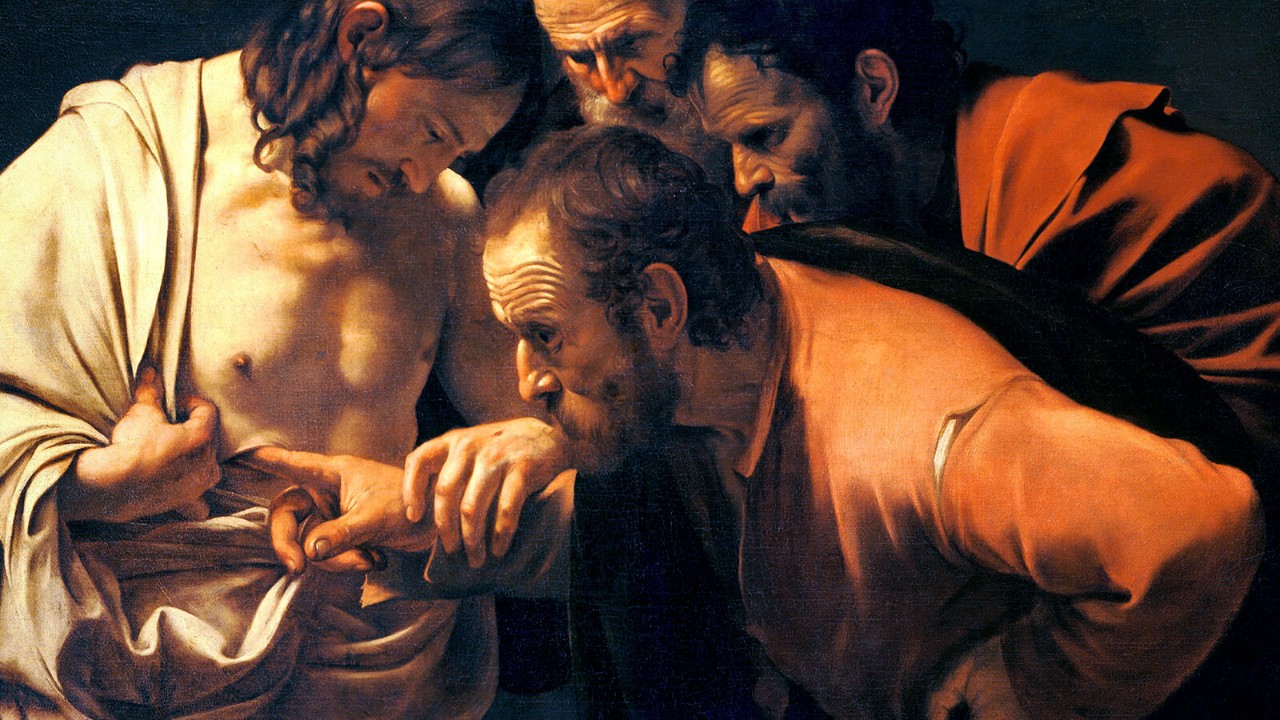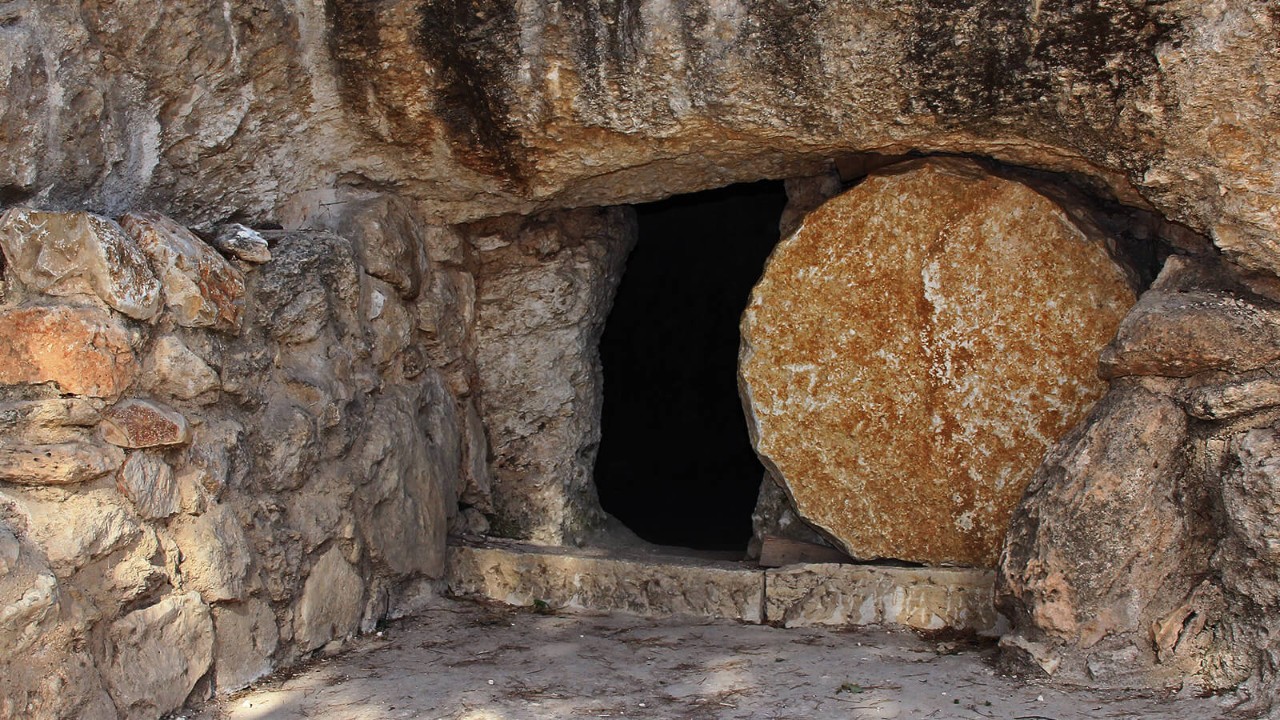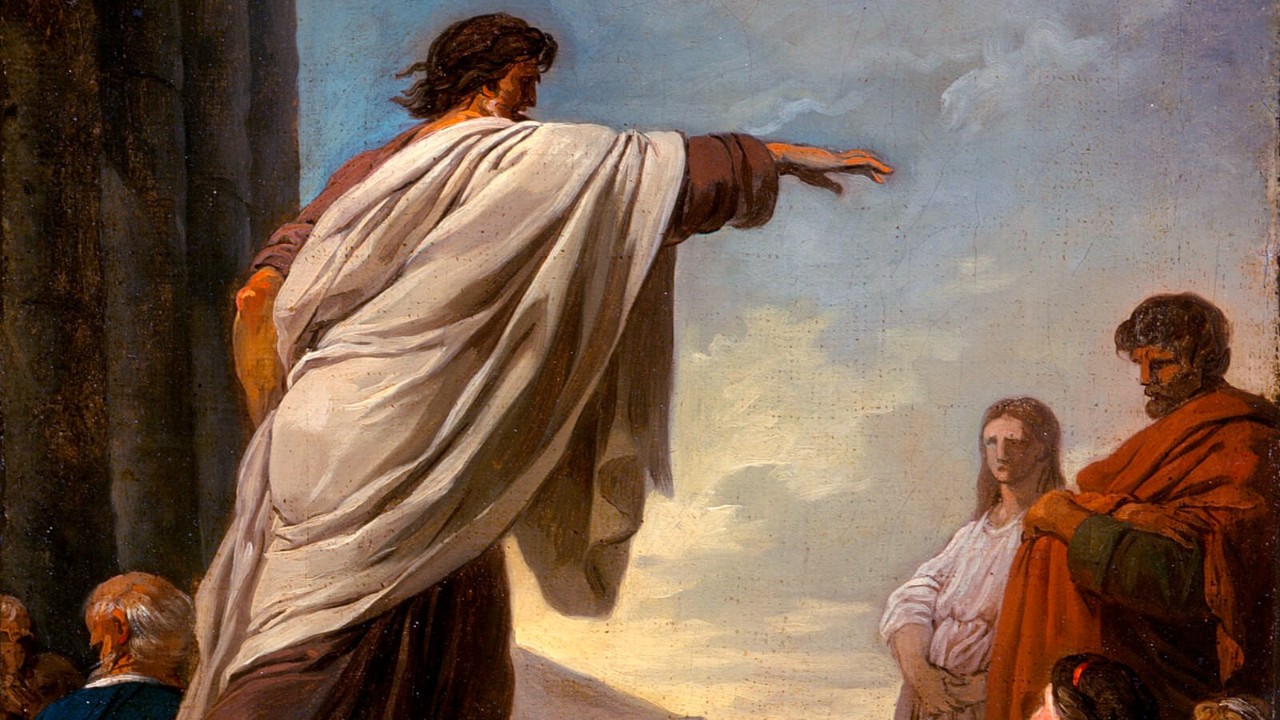
At the heart of Christianity is the truth that Jesus Christ walked on this earth for 33 years, was killed on a cross and then, three days later, came back to life. The resurrection — the fact that Jesus rose from the dead — is at the very core of the gospel. Without it, the whole message falls apart.
Jesus conquering death and coming back to life is central to the Christian faith, and many volumes have been written about its implications for us. We definitely won’t cover everything in this article. But let’s examine what the resurrection is, why Christians believed in it, and some of the reasons it matters.
Use these links to go straight to each section:

Jesus’ disciples — the 12 men who followed Him and learned from Him during His ministry — had a tendency to hear what they wanted to hear. Jesus frequently predicted His death, but the disciples never really believed Him. They were convinced that the Messiah was meant to free Israel from the rule of the Roman Empire. They thought He was going to establish a kingdom like the old Kingdom of Israel.
In fact, one time, when Jesus was talking about what was going to occur, one of His disciples actually tried to correct Him:
He then began to teach them that the Son of Man must suffer many things and be rejected by the elders, the chief priests and the teachers of the law, and that He must be killed and after three days rise again. He spoke plainly about this, and Peter took Him aside and began to rebuke Him.
But when Jesus turned and looked at His disciples, He rebuked Peter. “Get behind me, Satan!” He said. “You do not have in mind the concerns of God, but merely human concerns.” (Mark 8:31-33, New International Version)
The disciples had an agenda in mind, and that agenda made it difficult for them to comprehend what the Lord was doing right in front of them. Even though they didn’t completely get it at the time, the Gospel of John says that the disciples understood what Jesus was trying to tell them in retrospect (John 2:22).

Throughout His ministry, Jesus was careful not to put too much emphasis on His signs and wonders. While it would have been easy to build a following around miracles and healings, He avoided a ministry based entirely on sensationalism. Rising from the dead would be the sign that gave His ministry legitimacy:
Then some of the Pharisees and teachers of the law said to him, “Teacher, we want to see a sign from you.”
He answered, “A wicked and adulterous generation asks for a sign! But none will be given it except the sign of the prophet Jonah. For as Jonah was three days and three nights in the belly of a huge fish, so the Son of Man will be three days and three nights in the heart of the earth.” (Matthew 12:38-40, NIV)
The Pharisees were religious teachers who often disagreed with Jesus and who became jealous of His popularity. By putting Him to death, they hoped to put an end to His influence. But the Pharisees understood the impact that resurrection would have on Jesus’ message. Even though they didn’t believe in the possibility of Jesus coming back from the dead, they were worried about what would happen if the disciples convinced the people He had. So they hatched a plan:
The next day [after Jesus had been killed], the chief priests and the Pharisees gathered before Pilate and said, “Sir, we remember what that impostor said while He was still alive, ‘After three days I will rise again.’ Therefore command the tomb to be made secure until the third day; otherwise His disciples may go and steal Him away, and tell the people, ‘He has been raised from the dead,’ and the last deception would be worse than the first.” (Matthew 27:62-64, NIV)

Just as Jesus prophesied, He did rise from the grave. This wasn’t a metaphor. He physically rose from the dead! When Mary Magdalene, one of His followers, first saw Him in the garden, she mistook Him for the gardener (John 20:15). Later, He appeared to other disciples (John 20:19-20, 26-27). He showed them the scars on His body from His crucifixion.
After the resurrection, Jesus even prepared a breakfast that He shared with the disciples:
Jesus said to them, “Come and have breakfast.” ... Jesus came, took the bread and gave it to them, and did the same with the fish. This was now the third time Jesus appeared to His disciples after He was raised from the dead. (John 21:12-14, NIV)
Jesus went out of the way to ensure the disciples understood He wasn’t a ghost or apparition. He was the same Jesus who had spent the last three years with them, and He had conquered death.
He didn’t just appear to Mary and the disciples. He appeared to two other of His followers on the road to Emmaus (Luke 24:13-43) and later to more than 500 people at once (1 Corinthians 15:6). Paul, the early Christian leader who wrote much of the New Testament, told the followers of Jesus in one church that most of those 500 people were still alive at the time he was writing and could verify his claim that Jesus had risen from the dead.

Peter, a leader among the disciples, preached to a packed crowd in Jerusalem after Jesus had ascended to heaven. This first Christian message focused on the resurrection. After reminding the crowd of Jesus’ gruesome demise, Peter said, “God raised Him from the dead, freeing Him from the agony of death, because it was impossible for death to keep its hold on Him.” (Acts 2:24, NIV)
In the same speech, Peter said that Jesus’ resurrection fulfilled the prophecies about Israel’s Messiah. The Israelite king David had said hundreds of years before that God’s Messiah would not be “abandoned to the realm of the dead,” nor would “His body see decay” (Acts 2:31, NIV). It was the resurrection that proved the crucified Jesus was Lord and Messiah.
In the Bible, the Book of Acts contains the history of what the disciples did after Jesus’ resurrection and ascension. Throughout it, we see the early Christians’ whole message centered around Jesus being raised from the dead:
Jesus’s resurrection comes with the promise that His followers will also be raised from the dead. But when some in the church in Corinth were suggesting that people will not be raised, Paul made sure they understood the resurrection is non-negotiable:
But if it is preached that Christ has been raised from the dead, how can some of you say that there is no resurrection of the dead? If there is no resurrection of the dead, then not even Christ has been raised. And if Christ has not been raised, our preaching is useless and so is your faith. More than that, we are then found to be false witnesses about God, for we have testified about God that He raised Christ from the dead. But He did not raise Him if in fact the dead are not raised. For if the dead are not raised, then Christ has not been raised either. And if Christ has not been raised, your faith is futile; you are still in your sins. Then those also who have fallen asleep in Christ are lost. If only for this life we have hope in Christ, we are of all people most to be pitied. (1 Corinthians 15:12-19, NIV)
Paul’s argument breaks down this way:

Paul makes it clear that you cannot deny that Jesus died and was raised from the dead and still claim to be one of His followers. If Jesus did not rise from the dead, defeating death for us and making it possible to have a relationship with God, then His gospel isn’t really good news.
In Paul’s letter to the Romans, he says, “He was delivered over to death for our sins and was raised to life for our justification” (Romans 4:25, NIV). We are justified — or declared innocent and made right with God — because of the death and resurrection of Jesus. Without the resurrection, you can’t be made right with God.
If you have a personal relationship with Christ, His death secured your forgiveness, and His resurrection shows that His sacrifice was sufficient — it was enough. In the Bible, the Book of Hebrews tells us that “through the blood of the eternal covenant,” God brought Jesus back from the dead (Hebrews 13:20). That is, because Jesus achieved forgiveness on the Cross, God raised Him from the dead. This forgiveness is given to every person who has a relationship with Christ because of His death and resurrection.
In Romans 6, Paul explains that Jesus died so that those who follow Him wouldn’t have to experience spiritual death. Your sin separates you from God. When Christ died on the cross, He received the punishment for all the wrong you have done. Those who follow Jesus are no longer controlled by sin. Instead, they love and seek to obey Christ.
Paul writes that the following is true of Christ followers:
We were therefore buried with Him through baptism into death in order that, just as Christ was raised from the dead through the glory of the Father, we too may live a new life.
For if we have been united with Him in a death like His, we will certainly also be united with Him in a resurrection like His. For we know that our old self was crucified with Him so that the body ruled by sin might be done away with, that we should no longer be slaves to sin—because anyone who has died has been set free from sin.
Now if we died with Christ, we believe that we will also live with Him. For we know that since Christ was raised from the dead, He cannot die again; death no longer has mastery over Him. The death He died, He died to sin once for all; but the life He lives, He lives to God (Romans 6:4-10, NIV).
This is illustrated when Christians are baptized. Baptism is a public display that says you identify with Jesus’ death and resurrection. Peter explains that baptism is “not the removal of dirt from the body but the pledge of a clear conscience toward God. It saves you by the resurrection of Jesus Christ” (1 Peter 5:21-22, NIV, emphasis added).

If you have a personal relationship with Jesus, you have been set free. But like the rest of creation, you are still looking forward to the full realization of your freedom. Paul says:
We ... groan inwardly as we wait eagerly for our adoption to sonship, the redemption of our bodies. For in this hope we were saved (Romans 8:23-24, NIV).
The fact that Jesus was raised from the dead gives you the hope that you desperately need. Death has been defeated — it no longer has the final say. And thanks to the resurrection, you can stand on the words of Job:
I know that my redeemer lives,
and that in the end He will stand on the earth.
And after my skin has been destroyed,
yet in my flesh I will see God;
I myself will see Him
with my own eyes — I, and not another.
How my heart yearns within me! (Job 19:25-27, NIV)
For more on this and similar topics, check out these resources:
©1994-2025 Cru. All Rights Reserved.